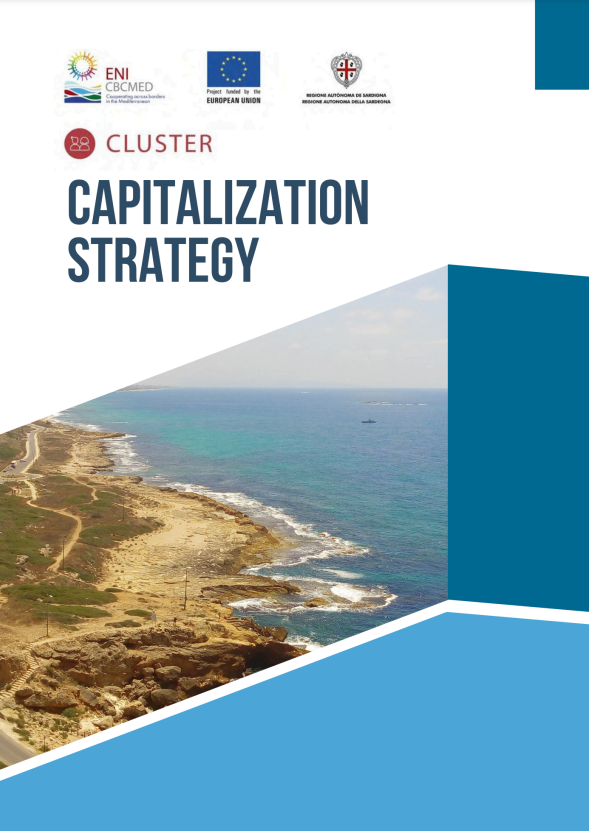CLUSTER publishes its capitalization strategy on employment in the Mediterranean

The CLUSTER project has recently published its document on Capitalization Strategy highlighting the main best practices of the project to replicate them in future initiatives. The following series of valuable insights were inveiled, each contributing to the enhancement of international cooperation projects, particularly within the ENI CBC MED initiatives.
- The first best practice in international cooperation project involves using e-learning platforms for remote training. This approach offers cost savings by eliminating the need for physical travel, making it more accessible for those in remote areas. E-learning also provides flexibility, enhanced communication, and adaptability across different project and countries, making it valuable asset in international cooperation.
- The second practice emphasizes a bottom-up approach in training design, particularly for NEETs in Mediterranean countries. Involving local partners and stakeholders ensures that training programs align with local context and needs, making them more effective.
- The third best practice underscores the importance of needs assessment in training design. A preliminary gap analysis in partner countries helps identify knowledge and skill deficits, guiding the customization of training content to meet specific needs.
These best practices, as detailed in this publication, serve as valuable guidelines for effective and context-specific international cooperation and training program design, with an emphasis on cost-effectiveness, local engagement, and needs-driven approaches.
Read the full publication here.







